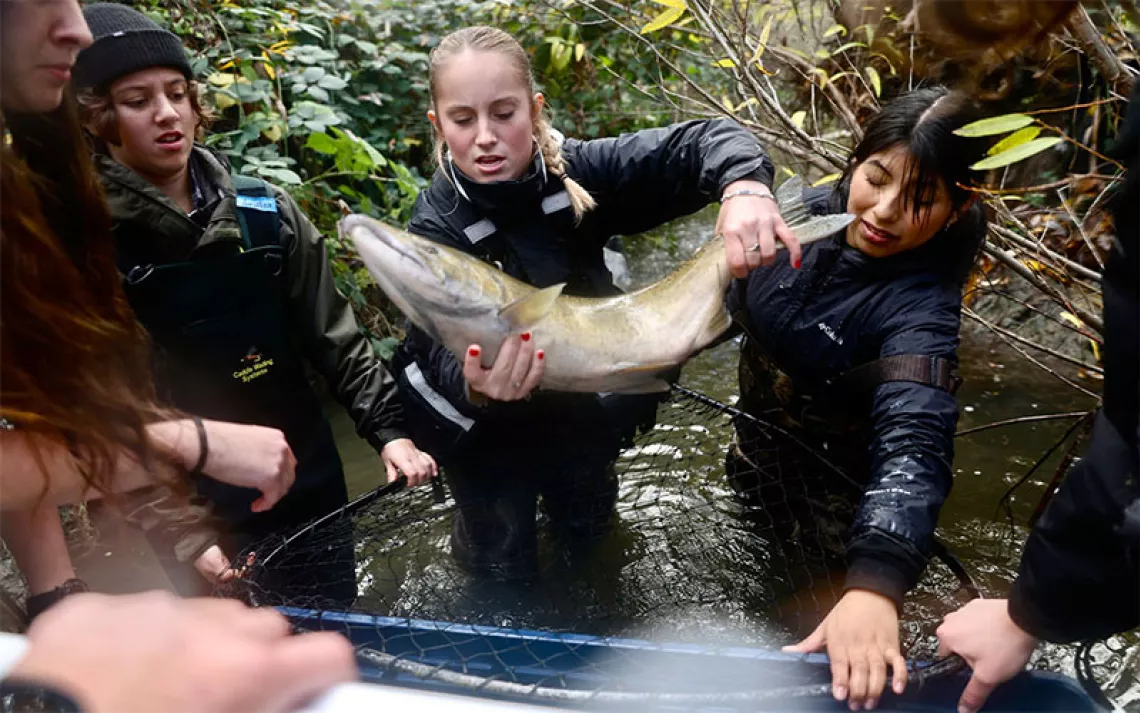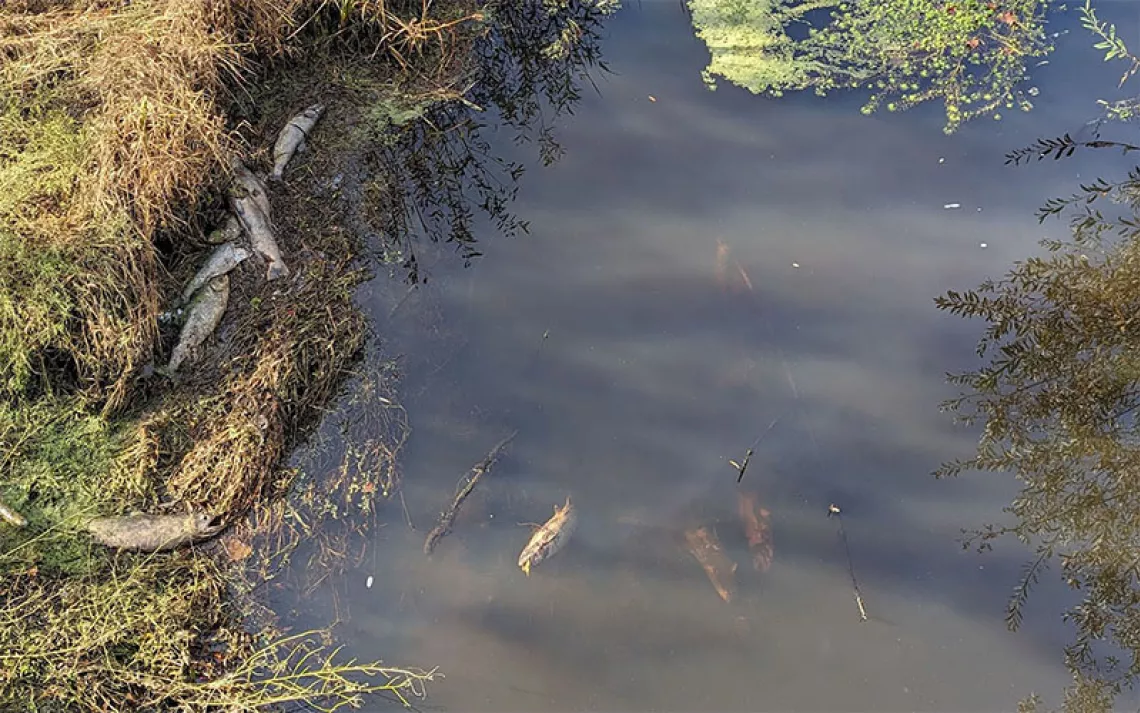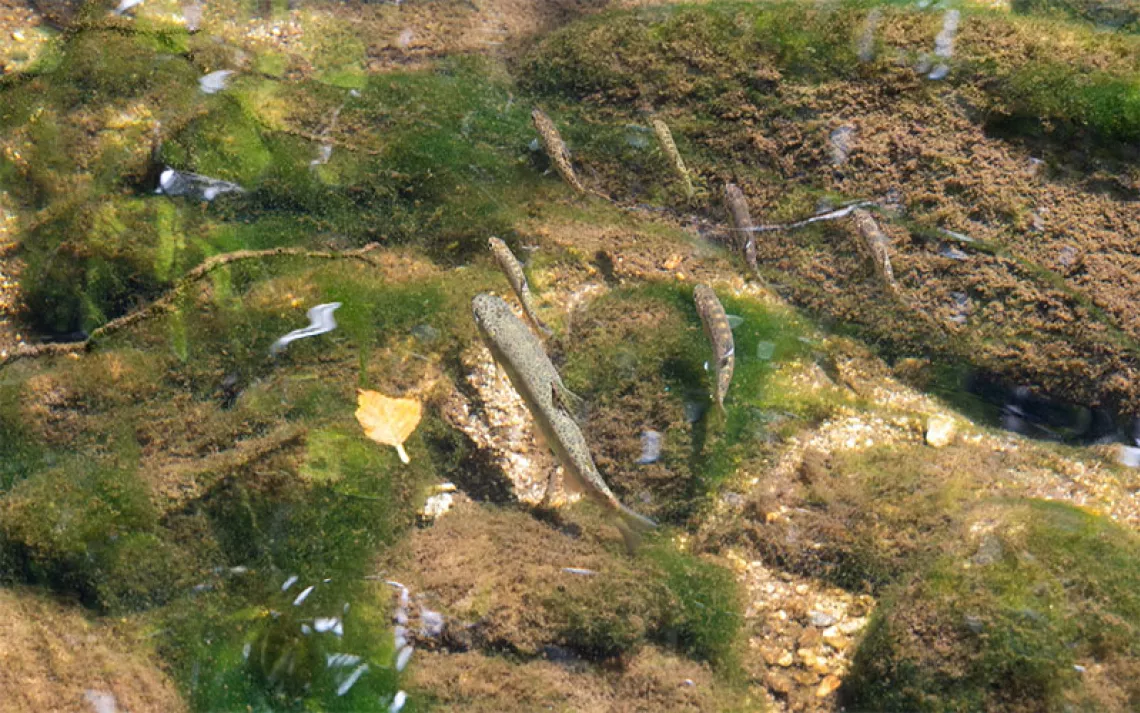Is Any Canned Tuna Truly Dolphin-Safe?
Tuna labeling can be its own kettle of fish

Illustration by Little Friends of Printmaking
Hey Mr. Green!
There are a lot of tuna brands, and the labels can be confusing. Which tuna has the lowest impact on marine life? And is tuna safe to eat in the first place, given concerns about mercury?
—Schef in Quincy, Florida
There are certainly tuna companies that specialize in dolphin-safe catch techniques. Greenpeace publishes the Tuna Shopping Guide, ranking 20 brands. Wild Planet, American Tuna, and Whole Foods' 365 Everyday Value score best on the list, with Wild Planet notching the top spot thanks to its sustainable fishing techniques, including pole-and-line and trolling, which reduce the amount of unintentionally caught marine creatures, or bycatch. Wild Planet also gets high marks for committing to not fishing in proposed high-seas ocean sanctuaries.
Familiar brands such as StarKist, Bumble Bee, and Chicken of the Sea rank among the worst, with StarKist coming in dead last for sourcing its tuna from destructive fisheries that are responsible for tons of bycatch and for its lack of transparency about the origins of its tuna. Greenpeace also dinged StarKist for its vague corporate responsibility statements. Recently, Chicken of the Sea pledged to clean up its act, so it may swim up from its lowly ranking.
As for mercury poisoning, you're right to be concerned. At this point, nearly all fish and shellfish contain trace amounts of mercury—a potent toxin that can cause damage to the brain and nervous system. Children, nursing mothers, and women who are pregnant or plan to become pregnant need to be cautious about eating seafood. The EPA says that pregnant and nursing women may consume up to three four-ounce servings of canned light tuna (including skipjack) or one four-ounce serving of yellowfin, albacore, or white tuna from its Best Choices list per week. Children may have one or two two-ounce servings per week.
You can reduce your risk by eating fish known to have lower amounts of mercury, such as salmon, sardines, herring, and trout. Check out the Monterey Bay Aquarium's handy Seafood Watch recommendations at seafoodwatch.org.
 The Magazine of The Sierra Club
The Magazine of The Sierra Club



